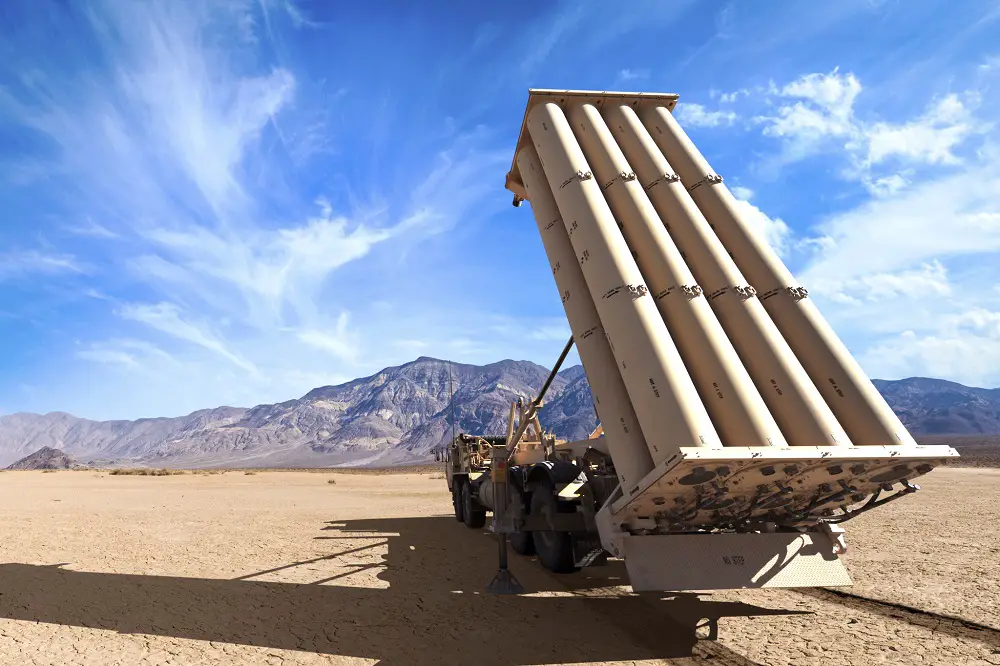Lockheed Martin has awarded two key subcontracts to industry in the Kingdom of Saudi Arabia for a second source for certain components in the Terminal High Altitude Area Defense (THAAD) Weapon System under a Localization Agreement between Kingdom of Saudi Arabia and Lockheed Martin. These awards support the project approvals announced by the General Authority for Military Industries (GAMI) during the 2022 World Defense Show to localize the manufacture of THAAD interceptor canister and THAAD Missile Round Pallet in Saudi Arabia. These subcontracts will enhance manufacturing capabilities in the Kingdom and transfer expertise to strengthen the country’s defense industry.
“Our localization efforts in the Kingdom are progressing, and we’re very proud to see that MEPC, AIC Steel and other Saudi partners are now ready to engage in manufacturing and supporting key components of the THAAD Weapon System. It’s a significant milestone. Our mission is to help improve regional security while supporting job creation and economic prosperity, and we’re very proud to be working with our partners in the Kingdom to localize defense systems and contribute to the country’s development goals under Saudi Vision 2030,” said Joseph Rank, chief executive for Lockheed Martin in Saudi Arabia and Africa.

The prime partners receiving subcontracts include Middle East Propulsion Company (MEPC), based in Riyadh, and Arabian International Company (AIC) for Steel, based in Jeddah. A number of other Saudi industry partners have also received subcontracts in support of these efforts.A key condition of the THAAD procurement is the localization of work in the Kingdom, which aligns with the priorities outlined in Saudi Vision 2030, to develop and localize military industries in Saudi Arabia. The Kingdom is set to realize the benefit of these strategies through qualitative international defense partnerships with Lockheed Martin and other major original equipment manufacturers that achieve shared benefits for all stakeholders.
Terminal High Altitude Area Defense (THAAD), formerly Theater High Altitude Area Defense, is an American anti-ballistic missile defense system designed to shoot down short, medium, and intermediate-range ballistic missiles in their terminal phase (descent or reentry) by intercepting with a hit-to-kill approach. THAAD was developed after the experience of Iraq’s Scud missile attacks during the Gulf War in 1991. The THAAD interceptor carries no warhead, instead relying on its kinetic energy of impact to destroy the incoming missile. Originally a United States Army program, THAAD has come under the umbrella of the Missile Defense Agency. THAAD has been deployed in the United Arab Emirates, Israel, Romania, and South Korea.















